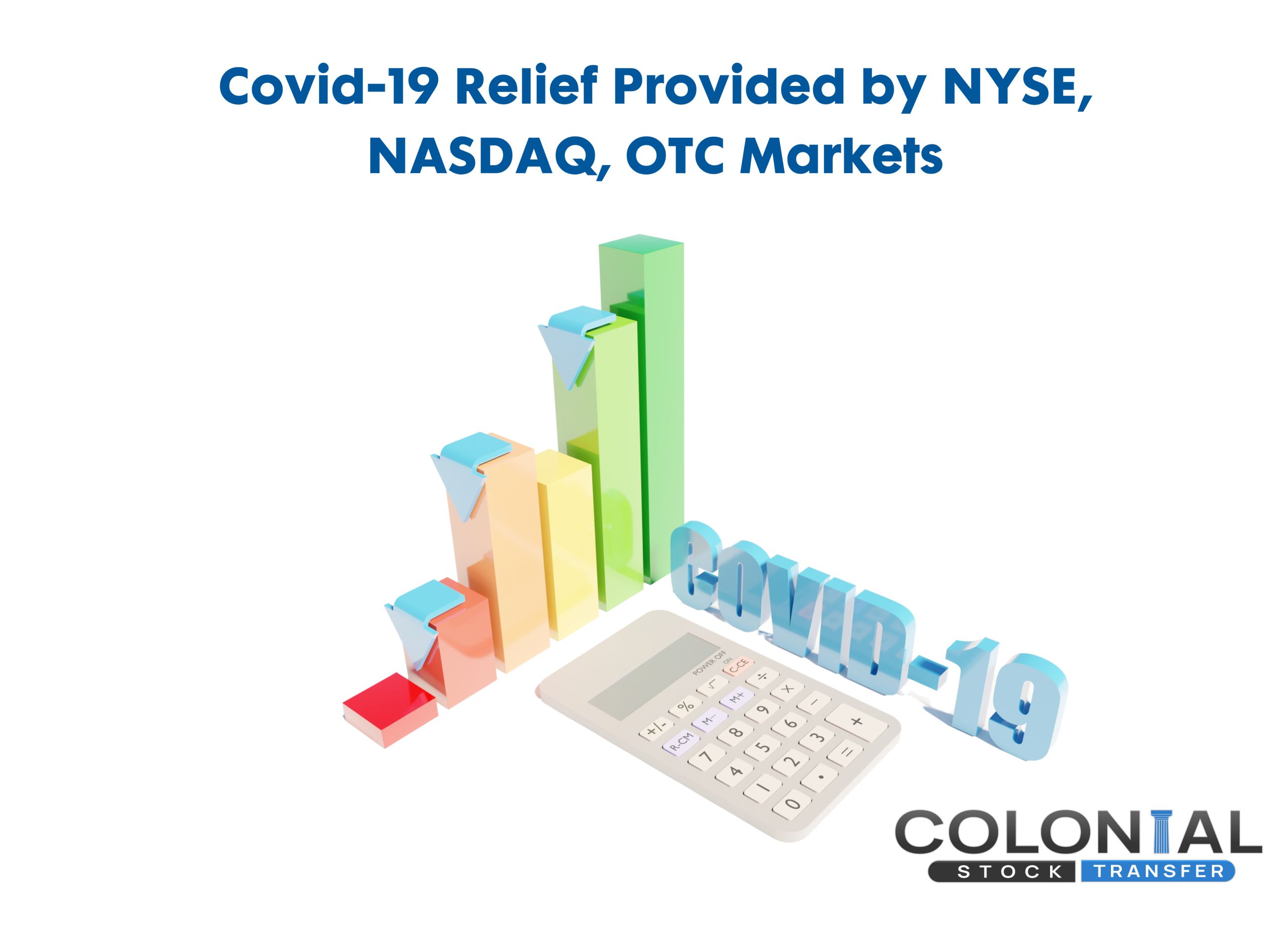Cap table management & personalized service since 1987.
801-355-5740

Issuer Login
Manage your cap table, view shareholder reports, shareholder meeting voting, transactions, update information securely.

Shareholder Login
View your stock holdings, employee plan and options, transactions, and update contact information securely

Vote Proxy
View shareholder meeting materials and vote your shares securely.










